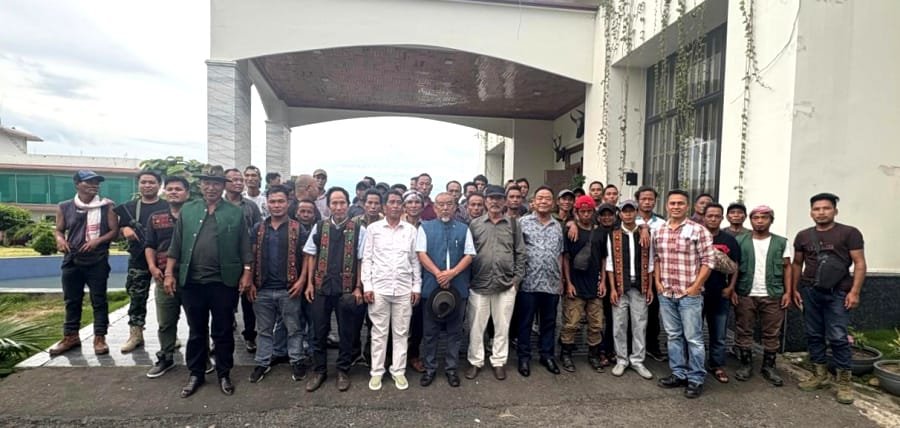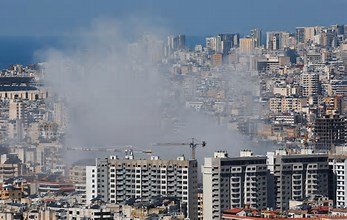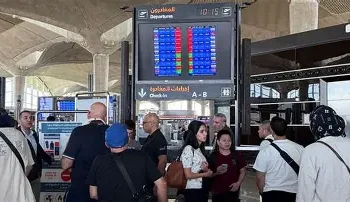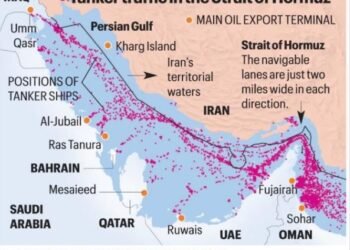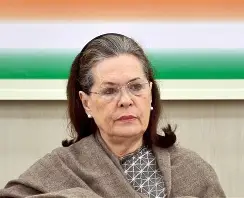‘Give Peace a Chance’: The Thadou Tribe Council letter to United Naga Council urges respect, mutual faith, and tribal unity in navigating infrastructure development and land disputes.
BY PC Bureau
July 17, 2025 — In what seem to hint at thaw in historically tense Kuki–Naga relations, parallel developments this week in Manipur and Nagaland have opened new avenues for dialogue, reconciliation, and cooperation between the two influential tribal groups of Northeast India.
The Thadou Tribe Council (TTC) issued a conciliatory appeal to the United Naga Council (UNC) today, asking it to advise the Joint Tribes Council (JTC)—comprising the Inpui, Liangmei, Rongmei, and Zemei tribes—not to interfere in the development of the proposed Churachandpur (Songpi) – Kangpokpi (Kanggui) Connectivity Road, which the TTC says bypasses all JTC areas and travels solely through Kuki-Chin inhabited villages like Chiru Khunou and Dolang Khunou.
The TTC clarified that this “alternative route” was created to avoid disturbances allegedly instigated along the earlier route by “some evil-minded mischievous individuals,” and expressed disappointment at a JTC memo (dated July 15) that accused Kukis of encroaching upon Naga ancestral land.
READ: Imphal: Militants’ Deadly Warning to Extortion Copycats
“The proposed bypass route takes a very long route so as to evade all JTC Areas and pass through only our blood brother Chirus Land,” the letter read, adding, “We do not object to some of our blood brothers joining the UNC or NSCN-IM. We hope that this participation will make things smoother and mediate Kuki–Naga Unity & Fraternity.”
TTC President YT Haokip, who signed the appeal, also invoked shared Christian and tribal values as a foundation for mutual respect:
“We appeal… in the name of Naga as well as Christianity, over blood brothers’ dealings, as per custom and tradition… to give peace a chance to live and let live as fellow Tribals and fellow Christians.”
The letter thanked UNC and the broader Naga public for their solidarity with the Kuki community during past difficult times and urged them not to fall prey to divisive narratives.
In defense of Truth:
GPRN/NSCN rallies behind Indigenous Kukis & asserts that to question the Kuki-Naga national workers would be tentamount to questioning the very essence of Naga history itself.
GPRN/NSCN also denounce the devious stratagems of the opportunistic “Late Entrants”… pic.twitter.com/NnekhO5kXd— J Shakur (@JShakurB) July 16, 2025
GPRN/NSCN-Kuki Region Affirms Shared History in Dimapur
Meanwhile in Dimapur, over eighty Kuki national workers—from both the civil and military wings of the GPRN/NSCN (Kuki Region)—met with senior Naga leaders, including Ato Kilonser N. Kitovi Zhimomi and Vice President Chennyien Konyak, reaffirming their commitment to the Naga peace process and their role in it.
In a press release, the MIP of the GPRN/NSCN spotlighted the legacy of Lengjan Kuki, one of the signatories of the 1929 Simon Commission memorandum, as a symbol of Kuki participation in the foundational phase of the Naga political movement.
“The Kukis of Nagaland were reminded of their inseparable link with the Naga political movement,” the release stated, adding that the community had stood shoulder to shoulder with Naga pioneers “much earlier than our own Naga brothers from Manipur.”
READ: Kuki-Zo Council Calls Public Meet on `Ceasefire’ Proposal
The delegation, led by senior leader C. Singson Kuki, also called for ignoring divisive narratives that try to rewrite or diminish the Kuki contribution to the shared political journey. They expressed support for an “honourable and acceptable solution” between the Government of India and the Naga people, pledging that “indigenous Kukis would remain an integral part of the Naga political and social system.”
Observers say these dual developments could mark the beginning of a new understanding—or at the very least, a pause in the cycle of antagonism between the two communities.
“This shows maturity. Instead of confrontation, we are seeing outreach,” said a tribal elder from Senapati, who preferred not to be named. “The fact that Kukis are invoking historical unity and appealing for mutual respect is a good sign for the region.”
Although tensions over land, governance, and ethnic boundaries remain unresolved, the tone of the TTC appeal and the affirmation by Kuki national workers in Nagaland point to an emerging willingness to de-escalate and recalibrate relationships..



